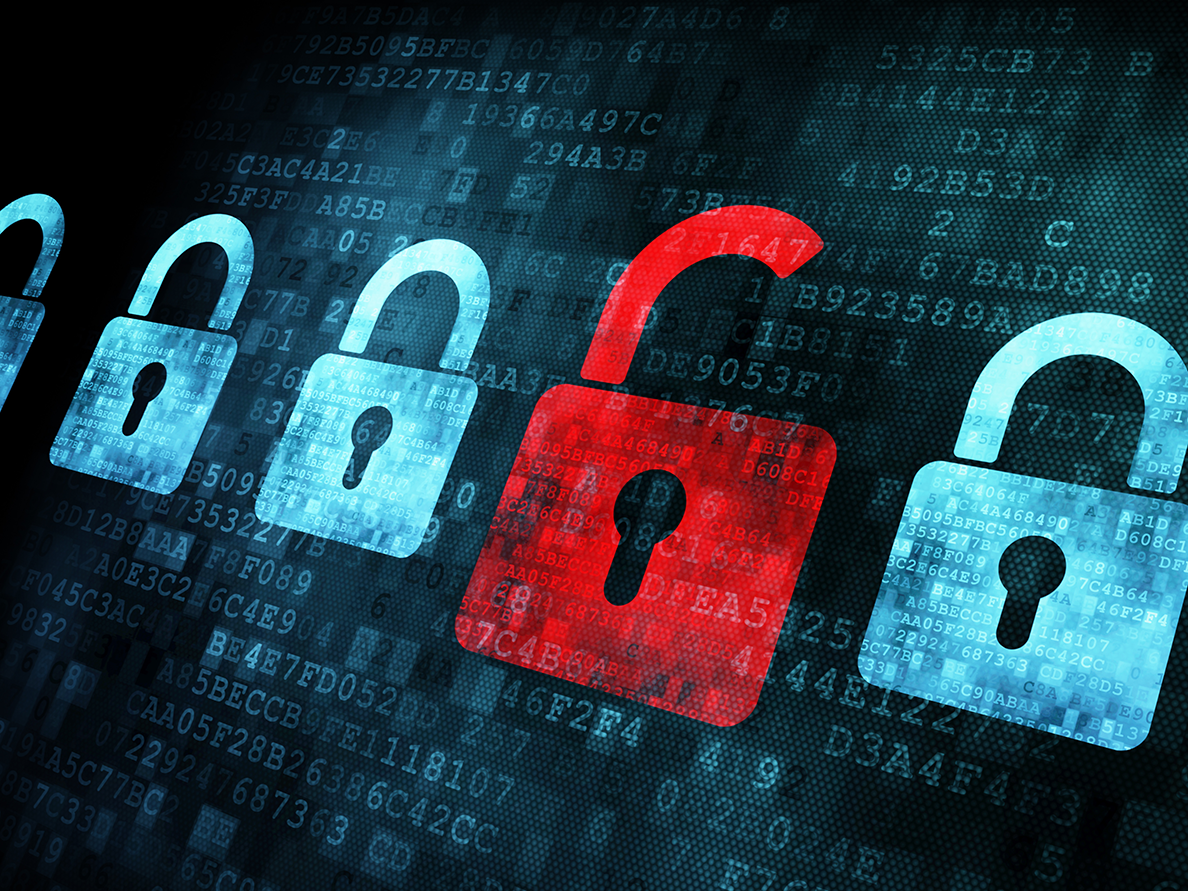
Identity Protection
First Bank of Bancroft is committed to protecting our customer’s personal and financial information. The bank maintains internal policies, procedures, security controls and authentication methods to help protect your information. There are also many things you can do to help protect yourself from identity theft and fraud.
- Do not carry your Social Security card with you
- Do not have your Social Security number, driver’s license number or phone number printed on your checks
- Avoid giving out your Social Security number unless it is absolutely necessary
- Do not give information to anyone over the telephone or internet unless you initiate the call
- Do not keep personal identification numbers (PINS) attached to credit, or debit cards
- Use strong passwords
- Protect your computer with a firewall and other security related software, and keep this software and your operating system up to date
- Secure your mobile devices and avoid conducting sensitive transactions on public Wi-Fi hot spots
- Be on guard; protect yourself from phishing, vishing and smishing
Phishing occurs when a fraudster impersonates a legitimate company or organization using email, faxes and /or websites in an attempt to lure recipients into revealing confidential information. Quite often, the tone of the email is urgent, leading recipients to believe there is something wrong with their account or a loved one is in jeopardy. They are urged to take immediate action, which often includes opening an attachment or clicking on an embedded link to go to the “company’s” website to update, verify or review account information. When the victim logs in or enters confidential information, they are actually giving it directly to the criminals. Vishing (voice phishing using the telephone) and smishing (phishing via text messages) are two newer, but just as dangerous, forms of phishing that consumers and businesses need to be aware of.
First Bank of Bancroft will never call or email you to request personal information such as your social security number, online login id, password or PIN. If you receive a call, email, text or letter requesting such information, or you notice unusual/suspicious transactions on your account contact us at 402-648-3361.
For more information about identity theft, please visit the Federal Trade Commission’s (FTC) consumer website at www.ftc.gov/idtheft/.


